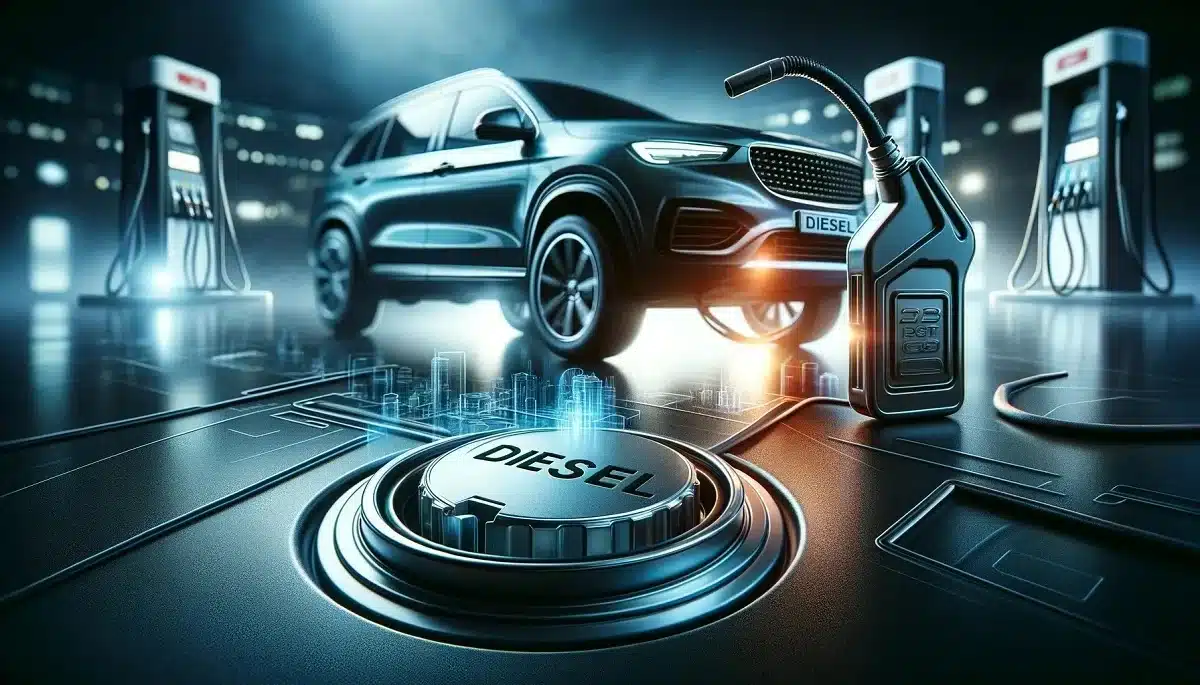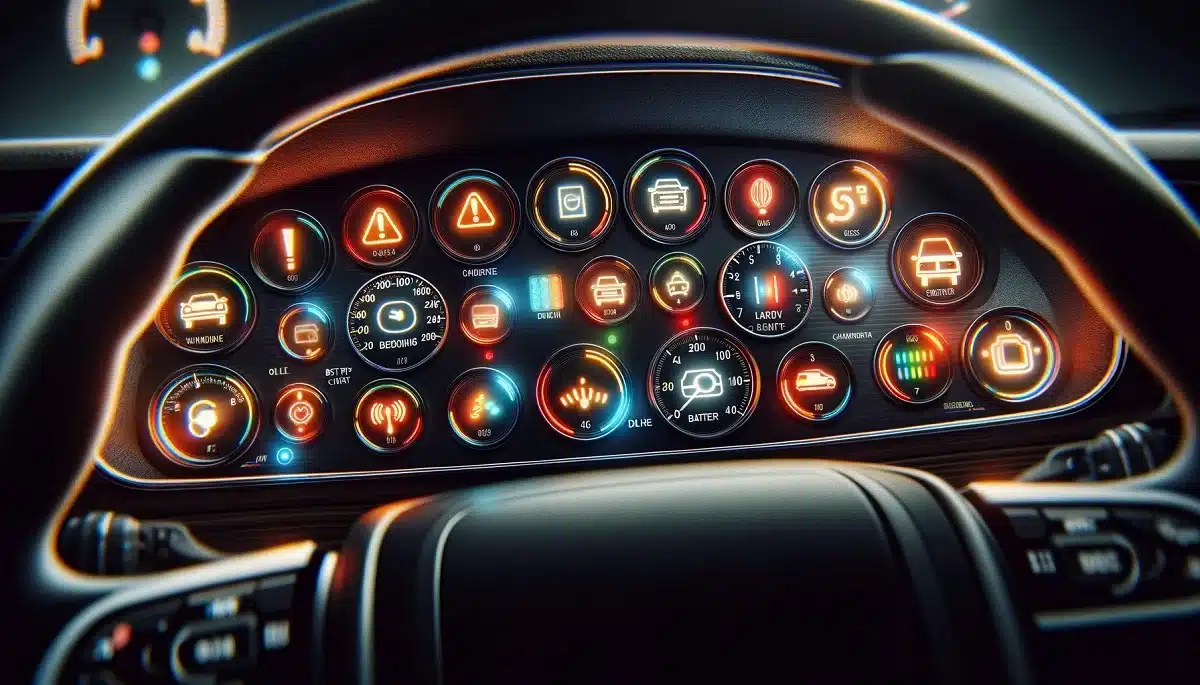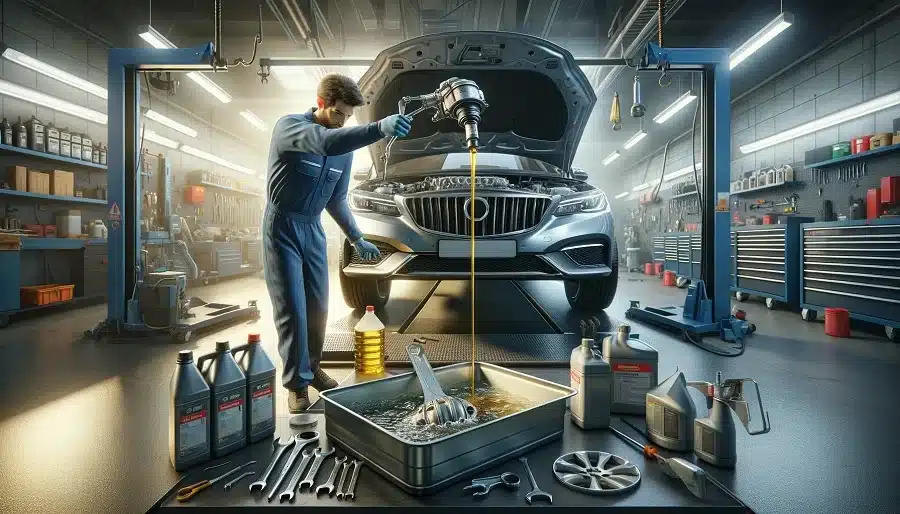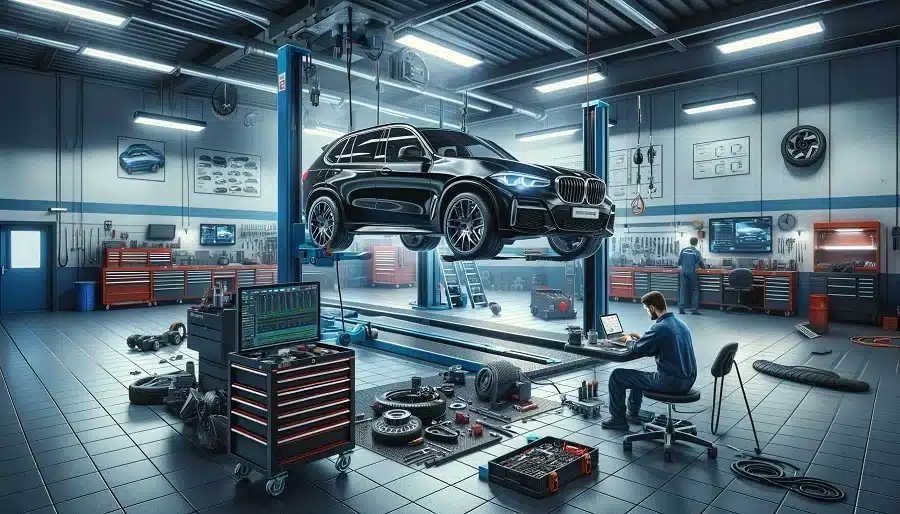When a vehicle’s engine overheats, it is a significant concern for drivers. Overheating can negatively affect the vehicle’s performance, shorten the engine’s lifespan, and in some cases, lead to serious damage. Understanding why your vehicle’s engine overheats is crucial to prevent and resolve the issue. Here are the factors that cause engine overheating and how you can prevent these situations:
Why Does a Vehicle Engine Overheat?
Mismatch of Gear and Speed
Driving the vehicle in an inappropriate gear, especially at high speeds in a low gear, causes the engine to overwork, leading to overheating.
Solution: Use the gear appropriate to your vehicle’s speed to reduce engine strain.
Temperature Gauge Malfunctions
The malfunctioning of the temperature gauge prevents you from accurately monitoring the engine’s temperature.
Solution: The temperature gauge should be regularly checked and repaired immediately if there are any faults.
Cooling Fan Failures
The failure of the cooling fan, which plays a significant role in cooling the engine, leads to overheating.
Solution: The cooling fan should be regularly checked and immediately replaced if it malfunctions.
Engine Belt Breakage
The engine belt is a crucial component that drives various parts of the engine. Its breakage can lead to improper engine function and overheating.
Solution: The engine belt should be periodically checked and replaced if it shows signs of wear.
Lack of Engine Oil
Engine oil reduces friction between engine parts and prevents overheating. Low oil levels can cause the engine to overheat.
Solution: Engine oil should be regularly checked and replenished if necessary.
Cooling System Blockages
Blockages in the engine’s cooling system can prevent the circulation of the cooling fluid, causing the engine to overheat.
Solution: The cooling system should be periodically cleaned, and the cooling fluid should be replaced if necessary.
Radiator Problems
The radiator helps dissipate heat from the engine. Blockages in the radiator or low coolant levels can lead to engine overheating.
Solution: The radiator and coolant should be regularly checked, cleaned of any blockages, and the coolant level maintained.
Thermostat Failures
The thermostat regulates the engine’s operating temperature. Its malfunction can lead to engine overheating.
Solution: The thermostat should be regularly checked and replaced if it fails to function.
Preventing engine overheating involves paying attention to these factors and performing regular maintenance. This way, you can extend the engine’s life and ensure a safe driving experience.
What to Do When the Engine Overheats?
Engine overheating indicates that the engine is excessively hot, and this condition can lead to various engine malfunctions. In the event of engine overheating, here are the steps that should be taken:
- Pull Over Safely: As soon as you notice the engine overheating, safely pull your vehicle over to the side of the road. Continuing to drive can cause further damage to the engine.
- Cool the Engine: After stopping, turn off the engine and wait for it to cool down. Opening the hood can help the engine cool faster, but be cautious when opening the hood if the engine is very hot, as hot steam can cause injuries.
- Check the Coolant Level: Once the engine has cooled, check the coolant level. If the coolant level is low and there are no signs of leakage, refill it with the appropriate coolant. However, if there is a leakage, do not drive the vehicle until the issue is resolved.
- Inspect the Radiator Cap: After the engine has sufficiently cooled, carefully open the radiator cap using a cloth to protect yourself from steam burns. If the radiator is low on water and there is no leakage, add the appropriate cooling fluid or clean water once the engine has cooled.
- Check the Thermostat and Water Pump: Frequent overheating may indicate a faulty thermostat or a malfunctioning water pump. These components should be checked and replaced if necessary.
- Seek Professional Help: If you cannot determine why the engine is overheating or cannot resolve the issue, consult an auto repair service. Overheating can lead to serious engine damage, so it is crucial not to underestimate these problems.
Prompt and correct action in the event of engine overheating can protect your engine from further damage.






